The power of glocal thinking
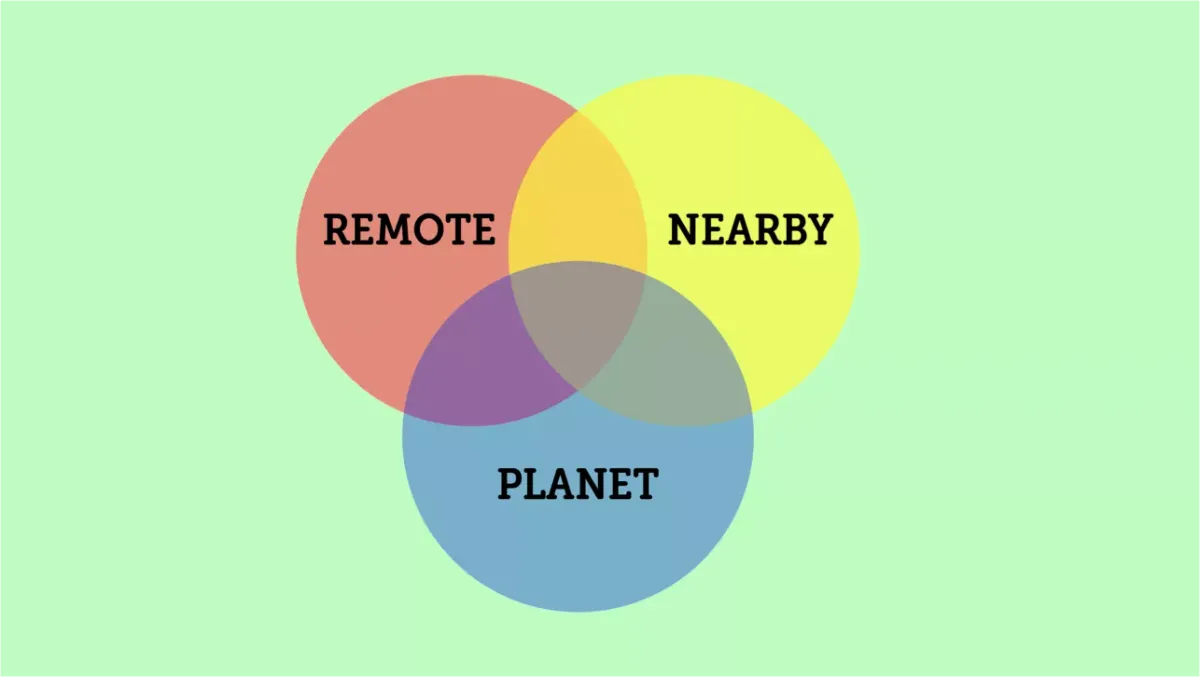
Balancing what's remote and what's nearby with planetary health
When I started working as a web designer at Ericsson in 1998, glocal was a buzzword. "Think global, act local" the managers would exclaim. In essence it asks that we consider the global impact of our actions here and now.
Having recently entered the age of the World Wide Web, we had unprecedented access to information and stories from many previously hidden corners of the world. The impact of the purchasing power in one area of the world, on another living space way across the planet, was becoming apparent to a greater number of us.
The complexity is real
But however well-intended the concept is, how could I as an individual – given the infinite complexity of systemic relationships of cause and effect – truly see the complete impact of my actions?
In the ongoing struggle of deciding where my efforts to help others will gain the most, I have started adopting a variant of glocal as a way to balance my efforts and increase chances of moving the world in a direction of greater compassion.
Societal change has always started with people who have gained the courage and power to object to the status quo, and brought with them a significant number of allies, finally able to influence the keepers of power.
Do not make strategy so that there is a single path to success. Make it so that as many paths as possible lead to something that isn't loss.
What I have realised is that I must reconcile with not being able to understand all the connections. Instead, I can empower people who understand more of them – those whose voices need more ears. Those living the harm that intellectuals love to theorize around and talk above.
One of my foremost privileges has always been the power over my time, giving me the ability to read, reflect and create. Over the past few years it has become clear to me how my efforts are best directed at giving more people that same ability. Enabled by bringing people out of poverty, oppression and fear. And keeping the planet habitable.
A glocal way of contributing
To exemplify my thinking, the following three organizations are where my company Christmas donations go this year.
- One remote where the impact appears distant yet is interconnected with my own – still very local – purchase decisions,
- one nearby where people in close communities are invisibly suffering,
- and one focused on preservation of the planet, with a clear tactic: cross-border collaboration.
By addressing wellbeing on these three fronts, my hope is to boost chances that my small contribution will contribute to butterfly effects of societal change. At the very least, a few people will find a brief period of lighter burdens.
These are the organizations:
1) REMOTE. Free the Slaves
20 years old this year, this organization fights the abuse often perpetuated by the things we buy. Their strategy aligns well with my conviction of helping people towards more autonomy:
"Our community-based strategy is targeted, empowering, collaborative and holistic. We go where slavery flourishes, research what makes people vulnerable—then strengthen communities and local organizations to combat slavery at its roots."
I first came across Free the Slaves when researching my article: The Slavery Supported by that Device in Your Pocket.
2) NEARBY. Giving People
Giving People's vision is that no child in Sweden should live in a state of alienation or poverty. They work to mitigate financial vulnerability and the child poverty that exists in Sweden.
3) PLANET. Coalition for Rainforest Nations
The Coalition for Rainforest Nations (CfRN or the ‘Coalition) assists tropical governments, communities and peoples responsibly manage their rainforests. Healthy rainforests protect against a changing climate, generate needed biodiversity and provide safe habitats.
Wherever you are in the world, my greatest wish is for you to find your own way of being well.
All my best, happy new year, and see you in 2021,
Per
Recent English posts
Digital abuse is hard to leave – by design
Once we recognise digital harm as a form of abuse it becomes clear how the same patterns of victim-blaming that we see in all abusive relationships tend to be repeated.
Your unique typing rhythm can reveal your identity
A rarely talked about field of research, known as keystroke dynamics, involves identifying individuals based on how they type on a keyboard. It's getting better, and also easier for anyone to implement.
UX Podcast
#253 The state of accessibility with Derek Featherstone
Accessibility legend Derek Featherstone joins us to talk about how things have changed, the role design plays, and how inclusion and diversity is where we are heading.
Recent Swedish posts
Jag startar TeknikTrygg
Under namnet TeknikTrygg kommer jag producera filmer för att hjälpa människor hantera tekniken i sin vardag: allt ifrån lösenord till Swish och självscanning på Hemköp.
Mindmap: Svenskarna och internet 2020
En mindmap som snabbt sammanfattar de övergripande dragen i rapporten. Samtidigt som Måns Jonasson pratade, så ritade jag i SimpleMind Pro.
Gäst i podd
#30 Uncut: “Vi skulle egentligen behöva pausa”. Per Axbom om ansvar och etik inom digital utveckling
Digitaliseringen genomsyrar idag allt och alla och det ställs stora krav på gemene man att kunna använda tjänsterna, men vi får ingen hjälp!
Astrid och duvan (Astrid and the dove)
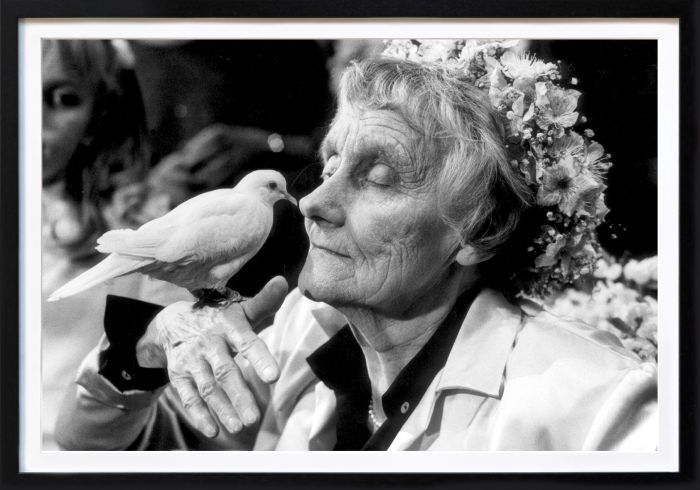
This is the Christmas gift I had my company buy for me. It's a limited edition framed photo of author Astrid Lindgren on her 80th birthday. Several doves were flying around the theatre where the play "Bröderna Lejonhjärta" (The Brothers Lionheart) had been running. In a stroke of luck the photo was taken just as one of the doves landed on Astrid's hand.
“‘Life is short’ really means ‘do something.'”
—Chimamanda Ngozi Adichie, writer

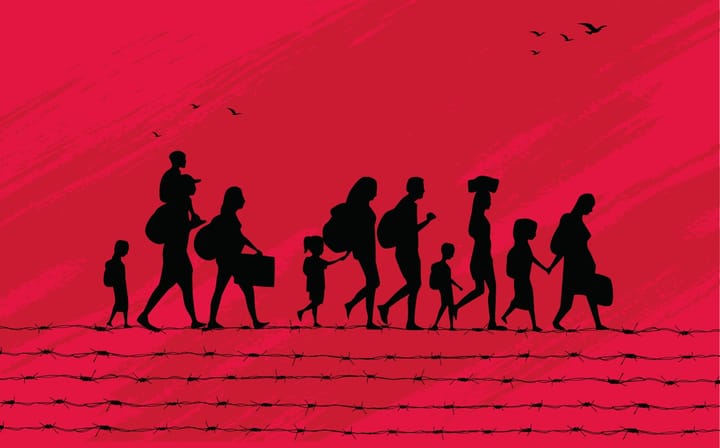
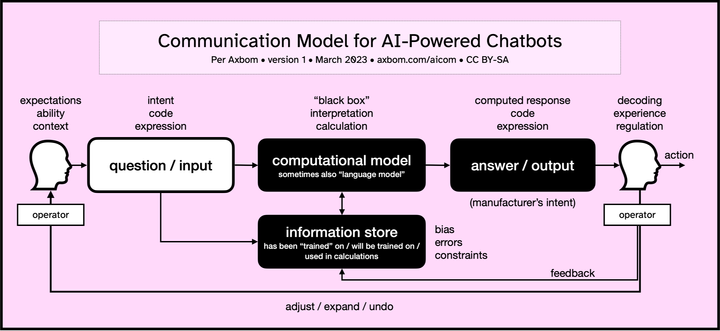
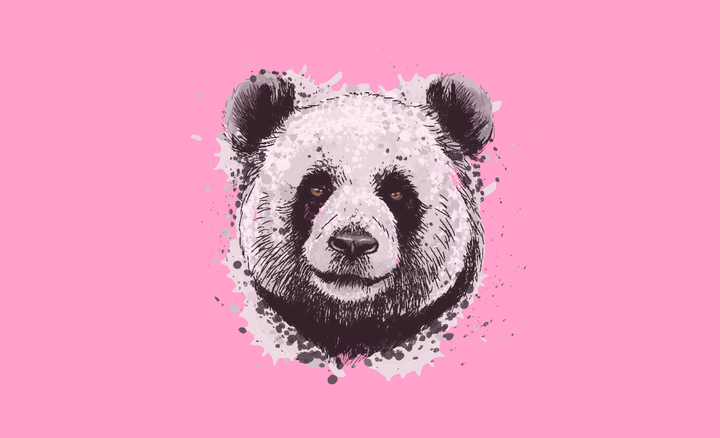
Comment